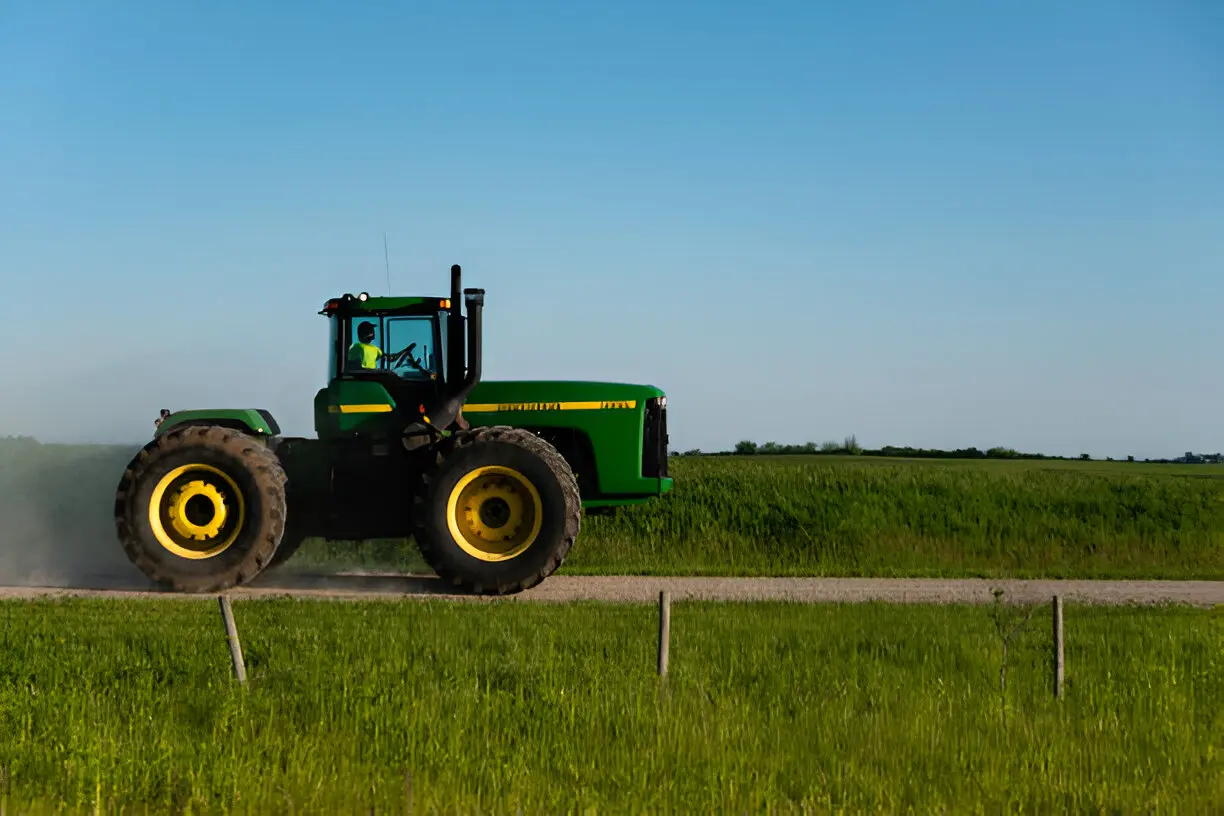As a Minnesota farmer, you are at the heart of a vital supply chain, ensuring that your agricultural goods reach markets efficiently and safely. Navigating the intricate network of rural roads and utilizing heavy-duty trucks for transportation necessitates a thorough understanding of your legal responsibilities and insurance requirements. With peak harvest season demanding heightened vigilance, it is essential to familiarize yourself with strategies to mitigate risk and safeguard your operations. Partnering with a Minnesota truck accident lawyer can provide you with invaluable insights into state-specific regulations, helping you to optimize your logistics while protecting your invaluable yield.
Understanding Agricultural Transportation in Minnesota
Navigating Minnesota’s Terrain
Minnesota’s unique geographical landscape presents both challenges and opportunities for agricultural transportation. From the fertile plains of the Red River Valley to the rugged North Shore, understanding the terrain is crucial for efficient logistics and transportation. Many rural areas lack paved roads, making it essential for farmers to have vehicles equipped for gravel and dirt paths, especially during the wetter months. Being well-versed in local routes can help avoid potential roadblocks and delays, ensuring timely deliveries and pickups.
Compliance with State Regulations
To transport agricultural goods legally and safely, farmers must adhere to Minnesota’s transportation regulations. These rules encompass vehicle requirements, load limits, and road usage permissions. It is essential to stay informed about these regulations, as they are subject to seasonal or annual changes. Non-compliance can result in substantial fines and operational delays, negatively impacting a farmer’s financial performance. Consulting with a knowledgeable Minnesota truck accident lawyer can provide valuable insights into these legal intricacies, aiding in risk management and compliance.
Insurance and Risk Management
Insurance plays a vital role in safeguarding agricultural transportation. Farmers should maintain comprehensive insurance policies that cover both their vehicles and cargo. This coverage can protect against unforeseen events such as accidents, theft, or natural disasters. Partnering with an insurance provider familiar with the specific needs of agricultural logistics ensures better protection and can help in negotiating more favorable terms. Risk management strategies, such as regular vehicle maintenance and driver training, also help minimize potential transportation hazards.
Legal Duties of Farmers During Transportation
Understanding Legal Responsibilities
Transporting agricultural goods across Minnesota is not just a matter of logistics; it involves understanding a spectrum of legal obligations. As a farmer, ensuring compliance with state and federal regulations is crucial to avoid potential legal pitfalls. You are required to adhere to specific safety standards designed to protect both the driver and other road users. This includes regular vehicle inspections, maintaining proper licensing, and ensuring that all transported goods are securely loaded and adequately secured. Failing to meet these requirements could result in significant fines or legal action, which can be both financially and reputationally costly.
Insurance Coverage Requirements
Insurance is a vital component of your transportation strategy. Minnesota law requires farmers to carry sufficient insurance to cover any damages that may occur during transit. This includes liability insurance, which covers damages to third parties, and cargo insurance, which protects the goods being transported. Adequate coverage ensures that you are financially protected in the event of an accident, thus providing peace of mind during peak harvest seasons when the risk of incidents increases due to higher traffic volumes.
Mitigating Risks on Rural Roads
The rural roads of Minnesota present unique challenges, especially during peak harvest times. These roads can be narrow and less maintained than their urban counterparts, increasing the likelihood of accidents. To mitigate these risks, it is vital to conduct thorough route planning. Avoid roads with weight restrictions and check weather conditions to prevent unexpected delays or road closures. Additionally, consider investing in technology that provides real-time traffic and road condition updates, enhancing safety and efficiency during transportation.
Final Thoughts
In navigating the complexities of transporting agricultural goods in Minnesota, you hold the reins to a successful and secure operation. By understanding your legal responsibilities, ensuring comprehensive insurance coverage, and adopting risk-reduction strategies, you safeguard not only your produce but also your livelihood. Collaborating with knowledgeable professionals, such as a Minnesota truck accident lawyer, equips you to tackle the unique challenges presented by rural roadways and peak harvest demands.
Also Read-From Honeycomb Pads to I-Pure Technology: The Science of Staying Cool with HiFlo 27




